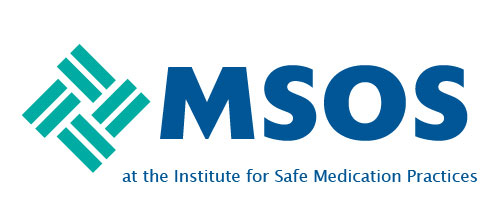QIing your QI: a 13-year experience of a paediatric residency QI programme
QI education is essential for resident physicians with established requirements from the Accreditation Council for Graduate Medical Education outlining the necessary components. Literature supports the inclusion of both didactic and experiential learning, however, most studies review knowledge and attitude based assessments of residency QI programs. In 2012, our pediatric residency program identified a gap in resident engagement in QI, which led to the formalization of a QI education program grounded in the Institute for Healthcare Improvement (IHI) Model for improvement with objective measures of QI projects.
MethodsOver 13 years, our program implemented interative interventions across three phases to enchance QI training. Initial core interventions involved the structure of didactics to teach core principles of QI and with time focusing on more individualized mentorship. Our efforts were guided through a residency QI committee. Our aim was to (1) increase the percentage of resident QI projects with SMART aims, and (2) increase the use of QI graphs (run charts and SPC charts) of resident QI projects. We tracked graduating resident exit survey satisfaction with the QI program as a balancing measure.
ResultsFrom 2012 through 2025, over 300 resident completed 390 QI projects that were reviewed. The percentage of of projects with SMART aims and QI graphs increased over time. The percentage of projects applying for American Board of Pediatrics Part IV applications and presenting at conferences also increased. Resident satisfaction remained with with an average "Poor" rating of only 2.6%.
ConclusionsUsing the model for improvement to assess objective measures in a residency QI program is both feasible and effective. This 13-year intiative demonstrates how systematic, iterative improvement can improve the rigor of resident QI projects. Future goals including leveraging informatics to further support residents with their projects and track downstream patient outcomes.
